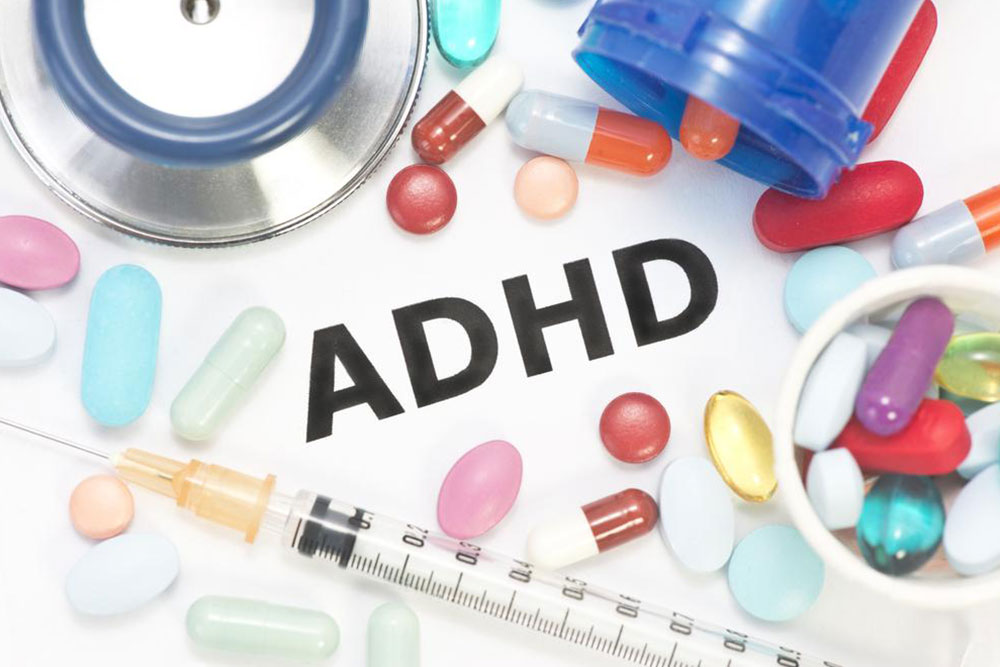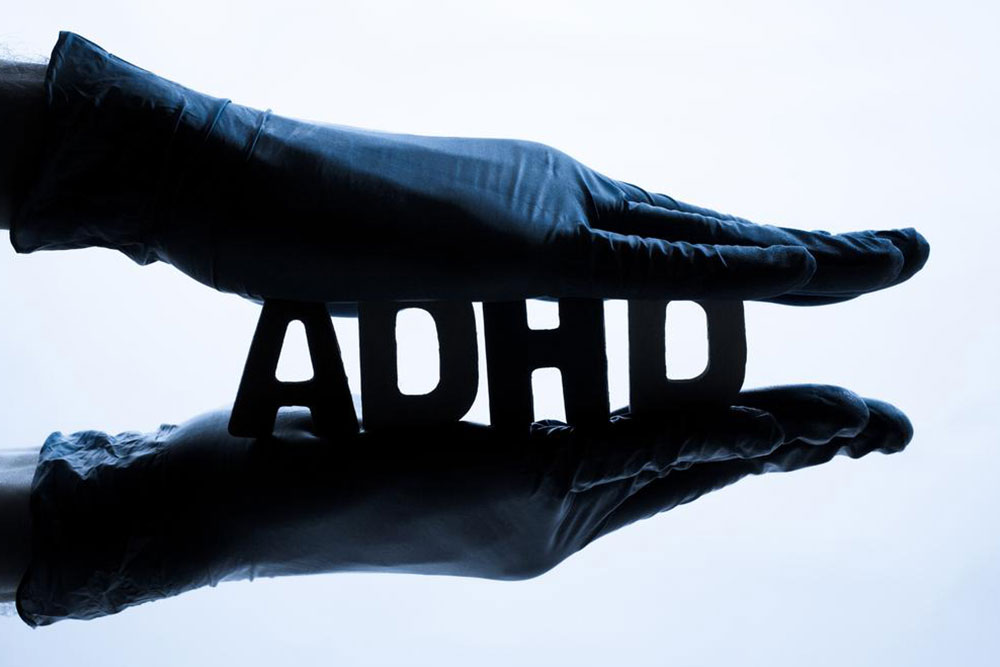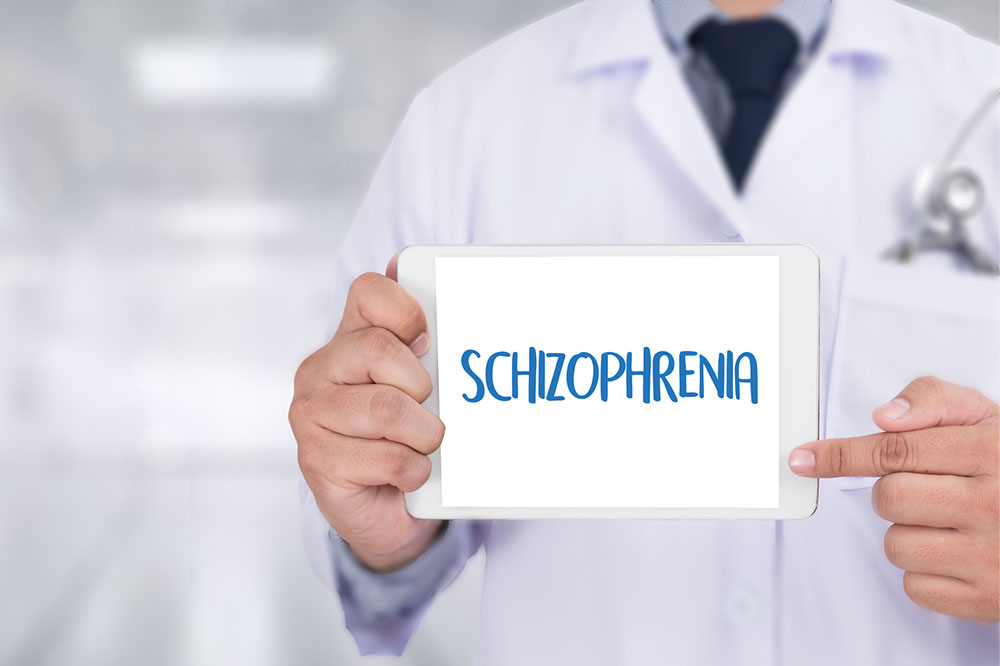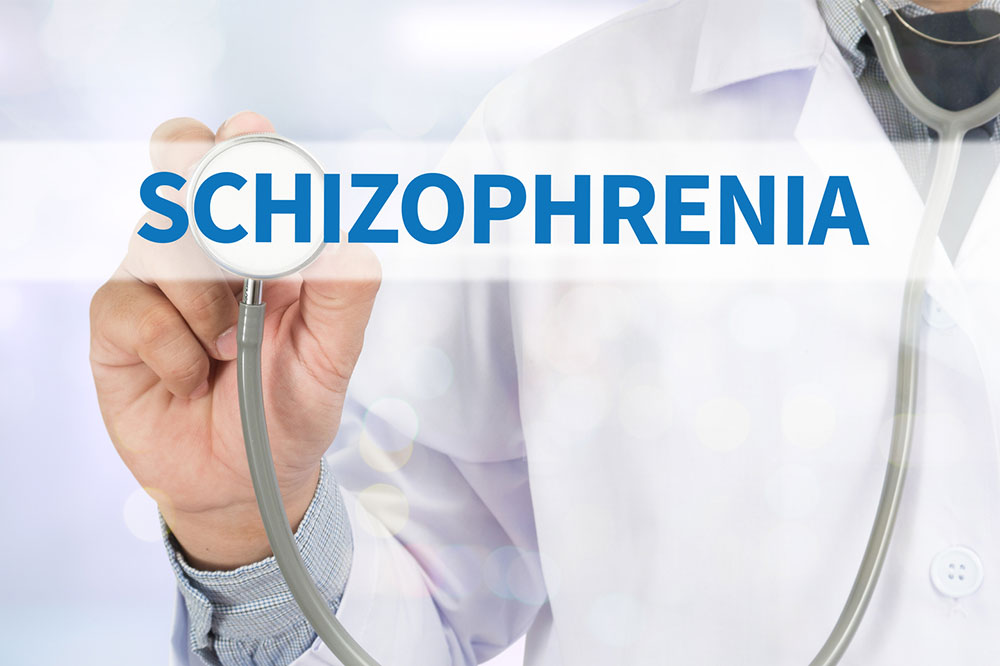Ultimate Guide to Recognizing and Managing Adult ADHD Symptoms for Better Life Quality
This comprehensive guide offers in-depth information on recognizing, diagnosing, and managing adult ADHD. It covers common symptoms, evaluation methods, and effective treatment options including medication and therapy. Understanding adult ADHD is critical for improving quality of life, with tailored strategies to address both symptoms and co-occurring conditions. Whether you're personally affected or supporting a loved one, this article provides valuable insights to help navigate adult ADHD management successfully.

Ultimate Guide to Recognizing and Managing Adult ADHD Symptoms for Better Life Quality
Attention Deficit Hyperactivity Disorder (ADHD) is often perceived as a childhood condition, but it significantly affects many adults worldwide. In the United States alone, an estimated 8 million adults live with this neurodevelopmental disorder, which can have profound impacts on personal, professional, and social aspects of their lives. Understanding the signs, diagnosis process, and effective management strategies for adult ADHD is vital for improving the lives of those affected.
ADHD in adults is characterized by core symptoms such as hyperactivity, impulsiveness, and inattention. While hyperactivity tends to decrease with age, impulsivity and difficulty maintaining focus typically persist into adulthood, often affecting work performance, relationships, and daily functioning. The biological and genetic origins of ADHD mean that many adults struggling with symptoms may have experienced these challenges since childhood, but due to lack of awareness or misdiagnosis, many continue to suffer unnoticed.
Early recognition and intervention can make a significant difference. Prompt diagnosis allows for targeted treatments that can reduce symptoms, improve daily functioning, and enhance overall well-being. However, many adults remain undiagnosed until they experience significant impairment in their routines or relationships, emphasizing the importance of increased awareness and screening.
Common Symptoms of Adult ADHD
Recognizing adult ADHD requires awareness of its diverse symptoms, which can vary widely among individuals. Typical signs include:
Persistent restlessness and an inability to stay still, leading to fidgeting or pacing.
Difficulty concentrating on tasks for extended periods, often resulting in unfinished projects.
Poor organizational skills that create chaos in both personal and professional settings.
Challenges in following through on instructions or remembering important details.
A tendency to procrastinate or miss deadlines, impacting career and personal responsibilities.
These symptoms are often accompanied by mood swings, irritability, and feelings of boredom or frustration. Many adults with ADHD also experience low self-esteem, due to repeated struggles and perceived underachievement. The condition can lead to significant anxiety and depression, especially when symptoms interfere with critical life areas.
Furthermore, social relationships may suffer due to impulsivity, forgetfulness, or difficulty listening attentively. Academic histories may reveal patterns of underperformance or earlier dropout, which might be overlooked or misattributed to other factors. Understanding these signs in context helps diagnose and tailor effective treatment plans.
Diagnosing Adult ADHD
The diagnostic process involves a comprehensive assessment by qualified healthcare professionals. Since ADHD symptoms overlap with other psychiatric conditions like anxiety, depression, or bipolar disorder, clinicians perform detailed evaluations, including structured interviews, questionnaires, and behavior assessments. They consider the individual's developmental history, especially childhood behaviors that align with ADHD criteria, to confirm a diagnosis.
Questions typically explored during assessment include:
Did symptoms such as hyperactivity or inattentiveness appear during childhood?
Are there observable behavioral issues noted by family members or colleagues?
How do symptoms affect daily functioning at work and home?
Are mood swings, impulsivity, or other psychiatric conditions present?
Accurate diagnosis ensures that treatments address the core symptoms effectively, managing both ADHD and any co-occurring mental health conditions.
Effective Treatment Strategies for Adult ADHD
Managing adult ADHD requires a multifaceted approach combining medication, therapy, lifestyle modifications, and support systems. The goal is to alleviate symptoms, improve focus, and enhance overall quality of life.
Medications and Pharmacological Options
Medication management remains a cornerstone of adult ADHD treatment. Medications are typically divided into stimulant and non-stimulant categories, chosen based on individual response and side effect profiles.
Stimulant Medications: These drugs, including Adderall, Ritalin, Vyvanse, and Dexedrine, are designed to increase the levels of certain neurotransmitters in the brain that help improve attention and reduce impulsivity. While highly effective, stimulants can have side effects such as insomnia, decreased appetite, or increased blood pressure. Some individuals may also be at risk of misuse or dependency, requiring careful supervision and regular monitoring.
Non-Stimulant Medications: Alternatives like Atomoxetine (Strattera), Guanfacine, and Clonidine are prescribed for those who experience adverse reactions to stimulants or have a history of substance misuse. These medications can help improve attention and emotional regulation without the stimulant-related side effects.
Therapies and Behavioral Strategies
Cognitive-behavioral therapy (CBT) is particularly effective in addressing co-occurring conditions such as anxiety or depression and helping individuals develop coping strategies. Therapy can teach organizational skills, time management, and emotional regulation techniques, empowering adults to manage their symptoms proactively.
Stress management and relaxation techniques like mindfulness meditation, breathing exercises, and yoga can significantly reduce anxiety and improve focus. Implementing structured routines and using planners, alarms, or reminder systems helps in establishing predictability and decreasing forgetfulness.
Family involvement through education and family therapy can foster understanding, support, and improved communication. Support groups provide a platform for shared experiences, reducing feelings of isolation.
Additional Support Measures
Occupational coaching and life skills training can facilitate better organization, prioritization, and goal setting. For adults with ADHD, building a supportive environment—whether at work, home, or social settings—is crucial for managing daily challenges.
Regular follow-up with healthcare providers ensures that treatment plans are effective and adjustments are made as needed. The combination of medication, behavioral therapy, and strong support systems offers the best chance for success in managing adult ADHD.
In conclusion, adult ADHD is a complex yet manageable condition. Increased awareness, proper diagnosis, and comprehensive treatment strategies can markedly improve the quality of life for affected individuals. If you suspect symptoms of adult ADHD, consulting a healthcare professional promptly is essential to begin effective intervention and support.





